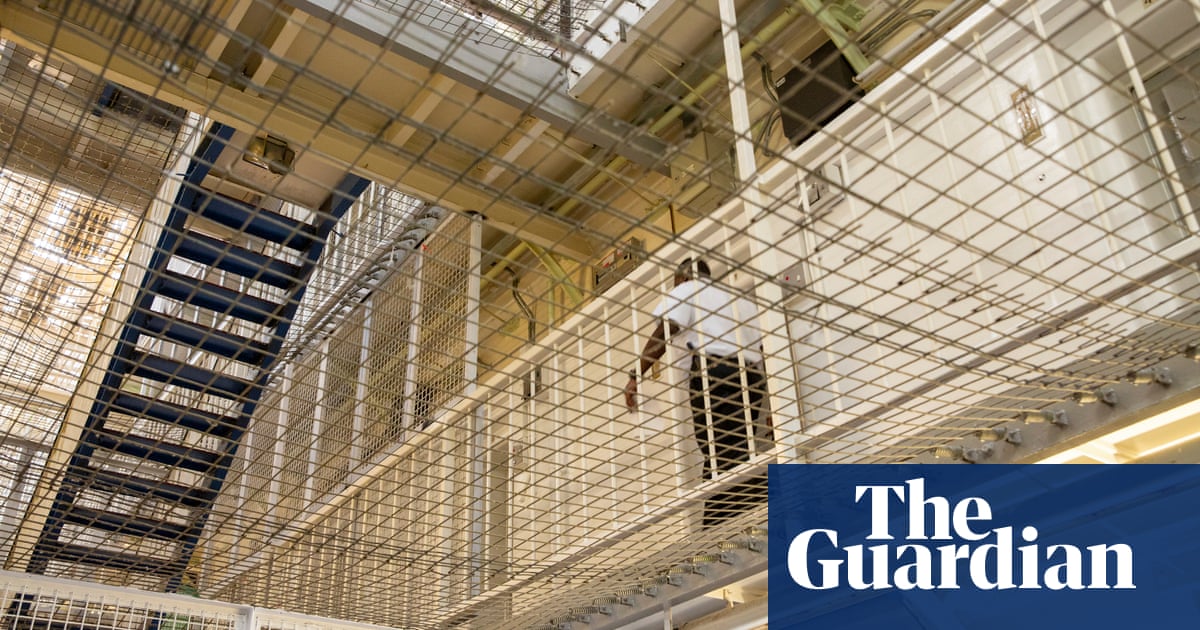
People with underlying health issues who are most at risk from Covid-19 will no longer have to shut themselves away in their home and can mix with other people from 6 July in England, the health secretary has said.
Support for people who are undergoing chemotherapy for cancer, have a damaged immune system or have had an organ transplant will continue to the end of July, said Matt Hancock.
But from 1 August, the 2.2 million “clinically extremely vulnerable” who have been shielding from the virus in England will receive only local authority and voluntary help and can return to their jobs if their workplace is “Covid-secure”.
The government says it is safe for the most at-risk to leave their homes, but the new guidance will cause anxiety. Macmillan Cancer Support said its data showed that 45% of people with cancer in England who have been shielding are worried they will be forgotten about as the lockdown continues to ease, while 67% are worried they will not get the help they need.
The Royal College of Physicians (RCP) warned that patients would be anxious and unsure of what lay ahead.
The government has said the levels of infection in the community have dropped far enough to make it safe for the most vulnerable to go out and meet up to six people who are not part of their household outdoors, while keeping their distance. Any who live alone or with a single child will be able to form a “support bubble” with one other household.
Ministers say they are committed to maintaining “the unprecedented package of support” until the end of July, to give those shielding time to adjust to the changes. From 1 August, “support will remain available from NHS volunteers and local councils. People will retain their priority for supermarket delivery slots, and still be able to access help with shopping, medication, phone calls and transport to medical appointments,” said a statement from the Department of Health and Social Care.
Hancock thanked those who have been shielding since the lockdown began. “I know this has been incredibly tough. Shielding has involved not leaving your house for months, not seeing people you care about, not being able to wander to the park for some fresh air, or even pop to the shops for something you need. This sacrifice has been for a purpose, and I want to thank every single one of you,” he said.
The government’s deputy chief medical officer, Dr Jenny Harries, said it knew how difficult the past months had been for the most vulnerable and the impact it had had on their mental health. “The prevalence of the virus in the community is now lower and the chances of getting infected are reduced, so we believe it is the right time to relax some of the advice so people can start to regain a degree of normality once more in their daily lives,” she said.
“People should continue to follow social distancing guidance when outside their homes, as well as frequently washing their hands, to minimise the risk of becoming infected. We will continue to monitor the evidence closely and adjust the advice accordingly if there are any changes in the rates of infection that could impact on this group.”
The RCP, which represents many of the consultants who look after the most vulnerable, said the announcement would be met with mixed emotions.
“The past few weeks and months have been challenging and we know that many patients will be unsure about what lies ahead,” said Prof Donal O’Donoghue, the RCP registrar.
“It is crucial that the government builds trust by regularly communicating and engaging with those who have been shielding up to now. Patients are likely to have many questions, and we need to ensure that frontline NHS staff are equipped with the detailed scientific evidence base to be able to support patients to make their shared decisions based on individual assessments of risk and their personal priorities.”
Sue Farrington, chair of the Rare Autoimmune Rheumatic Disease Alliance, said: “Many people who’ve been shielding told us they have felt abandoned, and while an end to shielding is welcome, people are understandably wary and need to know that their concerns aren’t being brushed aside.
“We’re particularly concerned about people needing to return to work if their workplace is deemed ‘Covid-safe’. Over the last few months people have told us how the guidance for employers is already too open to interpretation. We really need to see specific guidance on how this will be enforced, how people will be protected, and how any issues will be addressed.”
The government says the rates of the virus are now low enough to allow the advice to be “carefully and safely eased”. On average, less than one in 1,700 people are estimated to have the virus, down from one in 500 four weeks ago, said the DHSC.
Each extremely vulnerable individual will receive a letter with advice, telling them of the support available.
“I also want to reassure everyone that we will continue to deliver the unprecedented package of support including food and medicine deliveries until the end of July,” said the communities secretary, Robert Jenrick. “You will be sent information that will explain what support is available after that; you will not be on your own.
Chris Askew, chief executive officer at Diabetes UK, said: “The government has again given little to no acknowledgement of the impact that these changes will have on thousands of people living with conditions such as diabetes, or detailed the support and protections they can expect. By allowing lockdown to continue to ease without specific and enforceable safeguards in place, they are allowing people with diabetes to fall through the cracks.
“Thousands of people with diabetes are telling us that social distancing at work is not being made possible, and that employers’ risk assessments are failing to protect them. Without more robust guidance, employers will continue to decide their own ‘acceptable risk’, with no safeguards for individual staff, or consequences for non-compliance.”












